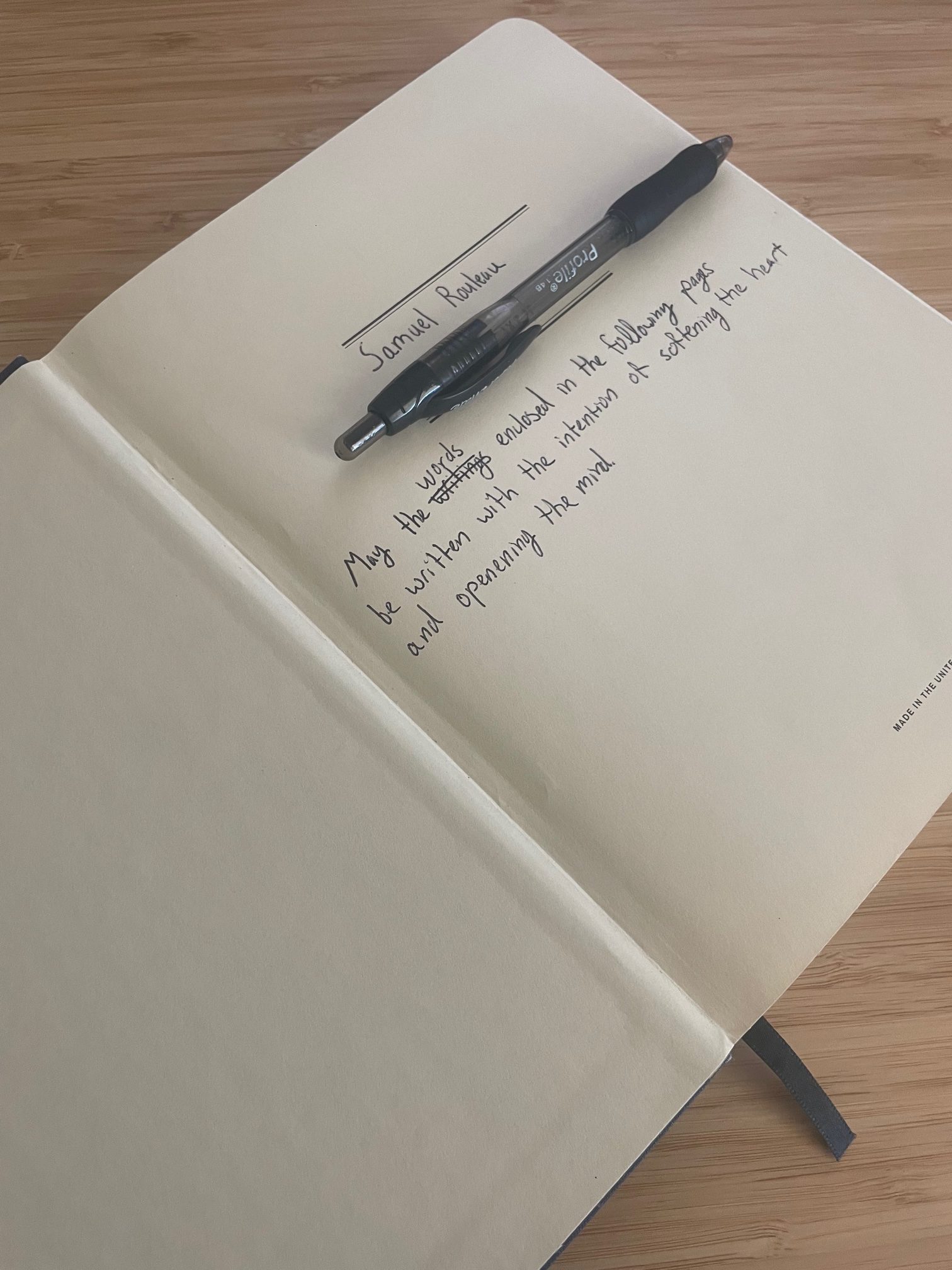Time has a peculiar relationship with memory. As time goes on, the specific details — of a moment, a person, a decision — may fade, but the narrative surrounding them strengthens.
The human mind fits events and memories into narrative to make sense of them. This, in turn, crafts how we perceive ourselves — the past, present, and our future hopes. During medical school was when I noticed this phenomenon of narrativization in my own life.
Now that I’ve started residency, it has become easy for me to slip into the idea that medical school was the thing to do. But, when I actually think back to my decision to apply and my first year of medical school, I know I was filled with uncertainty. I remember feeling doubtful of my decision because my peers seemed so certain. Prompted by my uncertainty (why was I a medical student, who would I be in four years, what would I do) and my practice of Zen Buddhism, I began to question and deconstruct my own identities and narratives. This manifested itself in numerous ways, least of which was a commitment to writing that indirectly led me to in-Training.
The power and beauty of writing rest in a process of active narrative formation. The act of expression helps us make sense of what happened, integrate this into our sense of self, and clarify our values that will influence our next steps. Conveniently, our expression serves as a record of both identity and narrative formation, giving us a glimpse of ourselves more intimately than we typically take time for.
For me, this journey of questioning how I perceive myself and craft my own story has (quite predictably) resulted in more questions rather than resolution. What I have learned is that the stories I tell myself are not always true and often a simplification of past times in my life filled with doubt. Previously, I tried to hide from this self-doubt by constructing a narrative with no room for it. Conversely, I have also learned that my narrative(s) have deepened my values, making me more aware of my actions on a moment-to-moment and longer-term scale.
In short, narrative is clarifying, but the danger is when it becomes single-minded. We can see this happen on the level of an individual, a culture, a society. Just as we are flexible with how we intertwine our life’s happenings into a cogent narrative, we must re-examine the stories we tell ourselves and to each other. We must build a narrative that is kind — yet honest — and drives us forward while acknowledging our fears and doubts.
Over the last three years, my involvement with in-Training (as a writer, editor, and avid reader) has allowed me to investigate so many perspectives and stories that helped me make sense of my own journey through medical school. It is by understanding ourselves that we better understand others, and it is by understanding others that we craft our communities and the future.
With heartfelt gratitude,
Sam
Image credit: Photograph provided by the author.

